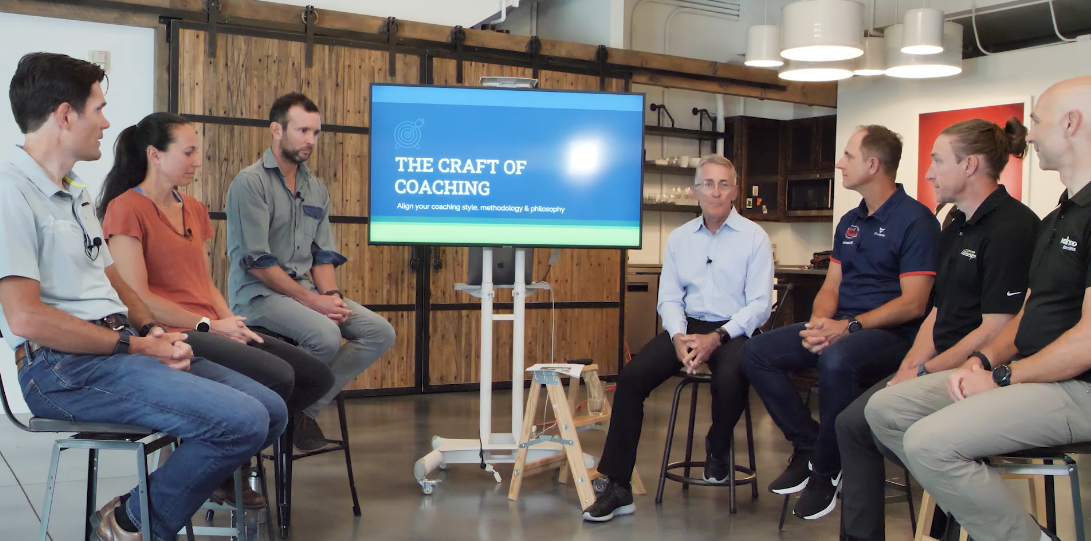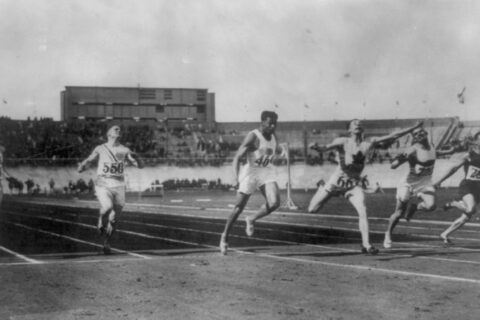Identifying and explaining how you work with athletes is critical to growing your coaching business.
Identifying and explaining how you work with athletes is critical to growing your coaching business.

Identifying and explaining how you work with athletes is critical to growing your coaching business.

Identifying and explaining how you work with athletes is critical to growing your coaching business.

The era of AI-augmented endurance coaching is here. New tools don’t just collect data—they intelligently interpret, adapt, and learn, helping data-driven coaches and athletes to refine their training.

Understanding the roles you and your child’s coach have in their athletic development can foster a healthy relationship with sports and teach beneficial life skills to take into adulthood.

Over a century of training and racing, coaches and athletes have continually experimented with the balance of volume and intensity. Today’s best practices look to maximize both a high volume of training and a small but potent dose of high-intensity work.

The timely combination of running facilities and stopwatches gave running a leg up on other endurance sports, inviting more structured training and innovation.